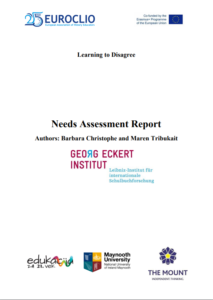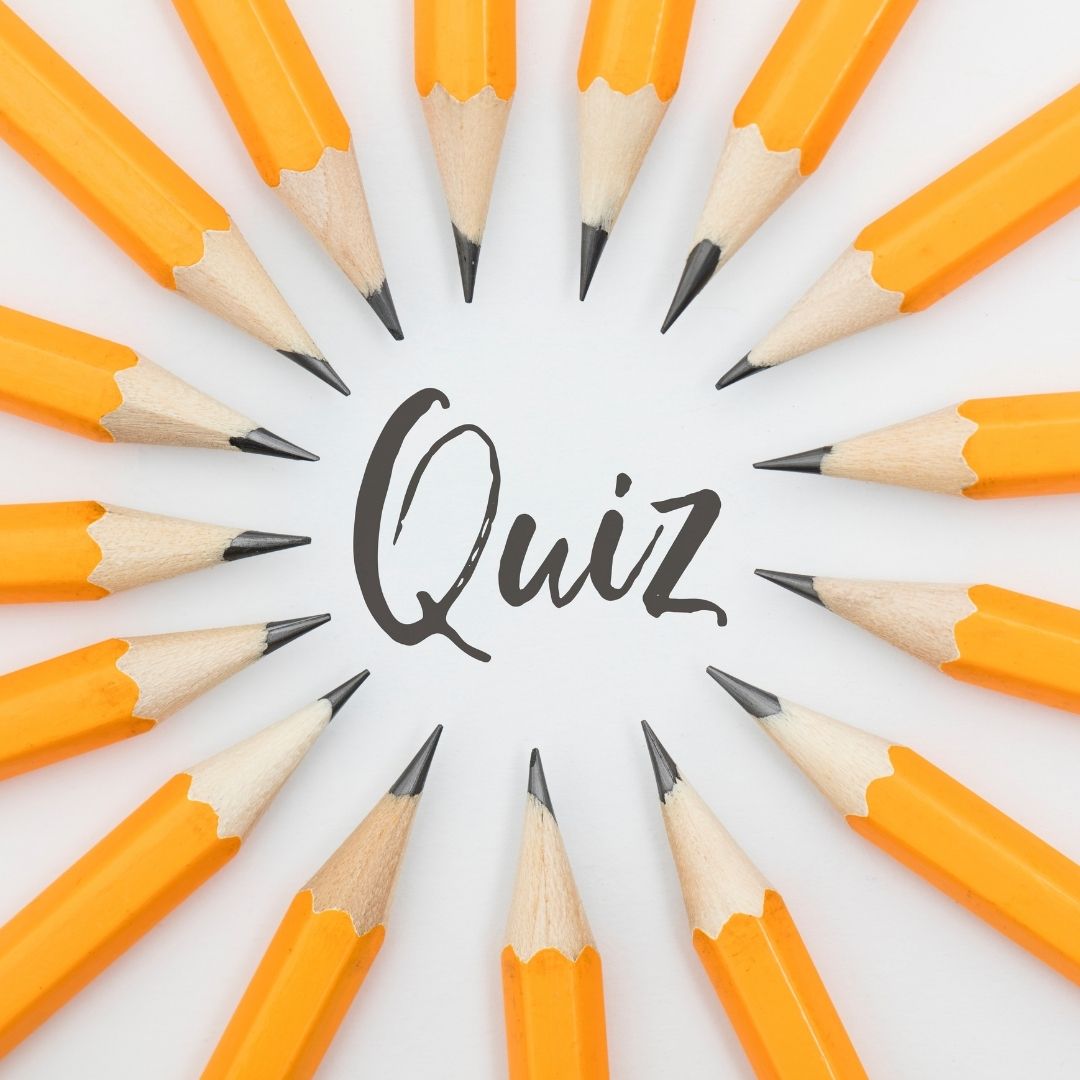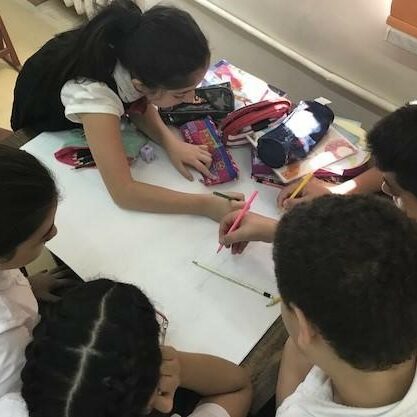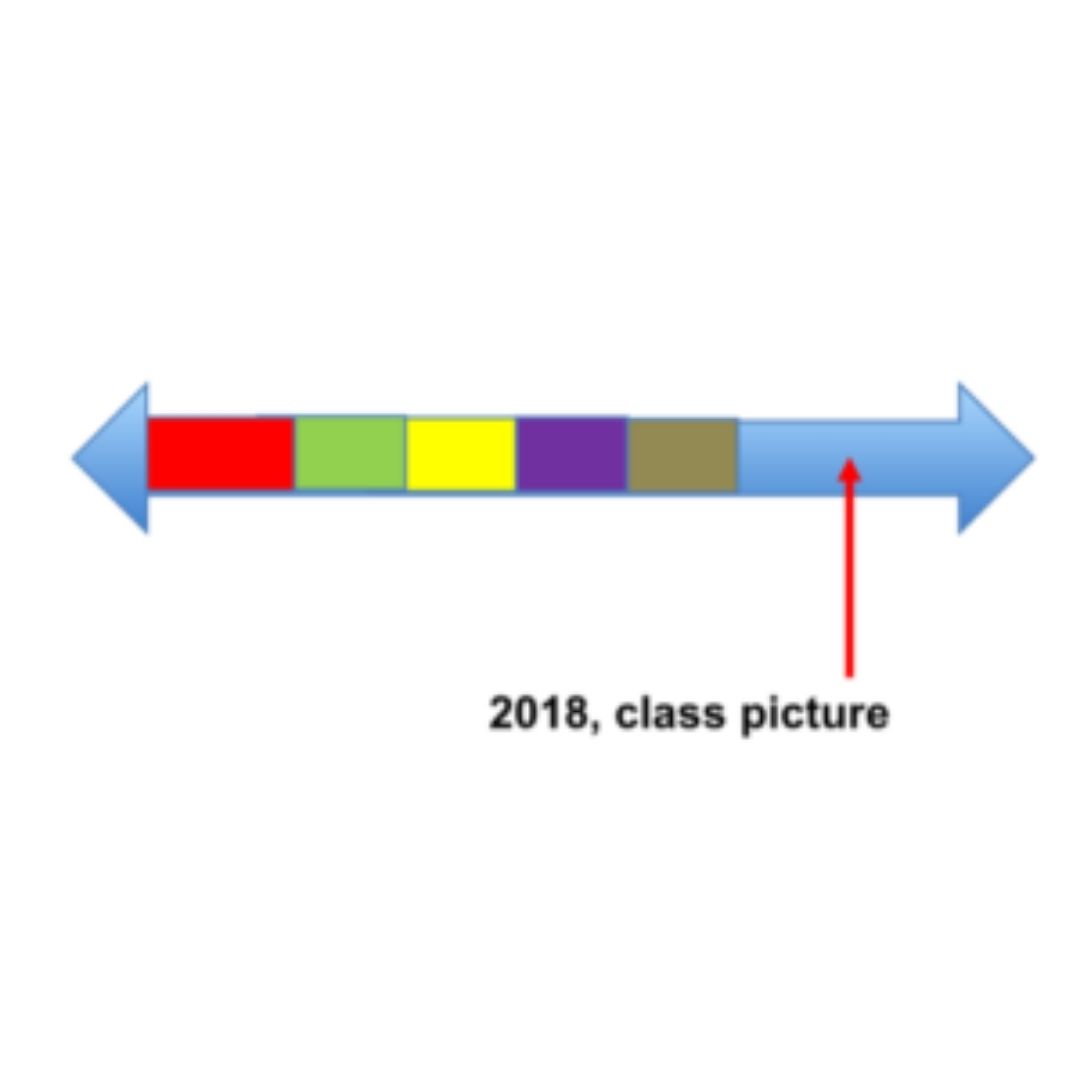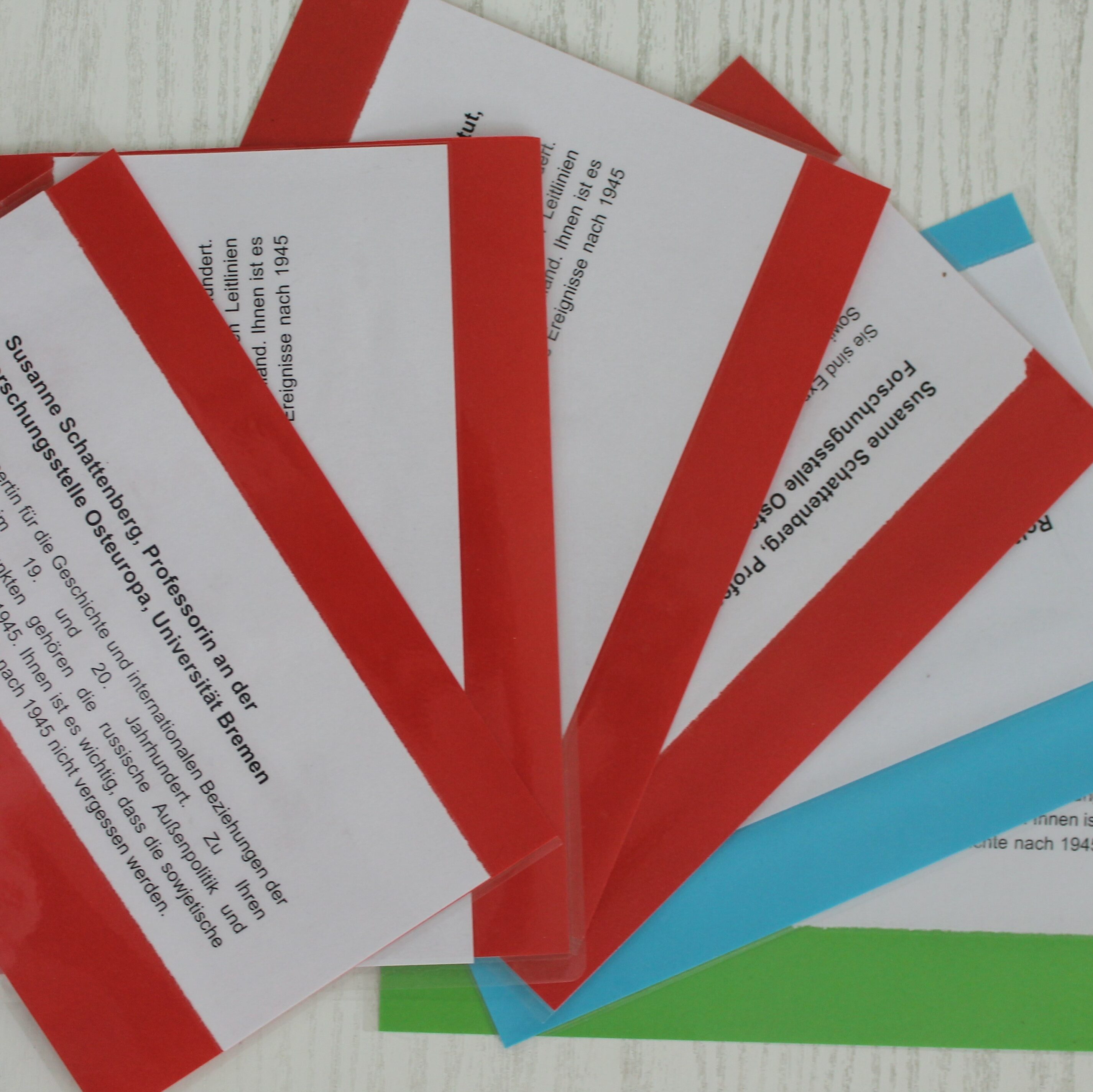This research was made as part of the project 'Learning to Disagree' which aims at strengthening students social and civic competences through discussion, debate and dialogue in history and civic education. Against the backdrop of students' exposure to extremist ideologies, populism and 'alternative' facts on the internet it focuses on improving teachers' capacities to conduct discussions about controversial and sensitive issues in their classrooms. This needs assessment was designed to identify what educators need today in order to help their students to acquire social and civic competences through dialogue, debate and discussion on contested issues.
To translate this general idea into more concrete aims, this research wanted to find out
what teachers perceive as being sensitive and controversial issues,
how often and with reference to which kinds of formats do they practice dialogue, discussion and debate,
how they assess their students in this context,
what challenges do they face,
which teaching approaches do they rely on in order to deal with these challenges.
This research combines qualitative and quantitative research methods to investigate the different controversial topics and their implications for the project.
Overall, the research identifies that while there is no one right way to help students to acquire social and civic competences through dialogue, debate and discussion on contested issues, some strategies can be helpful. It is important to highlight that creating an atmosphere where fairness prevails will help students feel encouraged to speak their mind and a discussion culture can develop. However, this kind of rational set-up might not always work. If emotional discussions spring up spontaneously, students express extremist opinions or shut themselves away, teachers have to take the emotional level more than usual into account. Therefore, teachers should be better enabled to deal with controversy by reflecting and, if necessary, broadening their repertoire of strategies. While these challenges are not completely new for educators, they have gained a new quality in a world where established facts are publicly contested, conspiracy theories are promoted and nationalist resentments are refueled by populists.
You can read the whole research here.

Silent Learning: the use of Quizzes to motivate and assess participation and learning in the classroom

Silent Learning: the use of small-group learning and sharing to ensure full participation in the classroom

Imagining a past that is no longer there: the use of interactive timelines

HistVlogs: taking information at face value vs. perspective taking

Using Cards to Understand History

